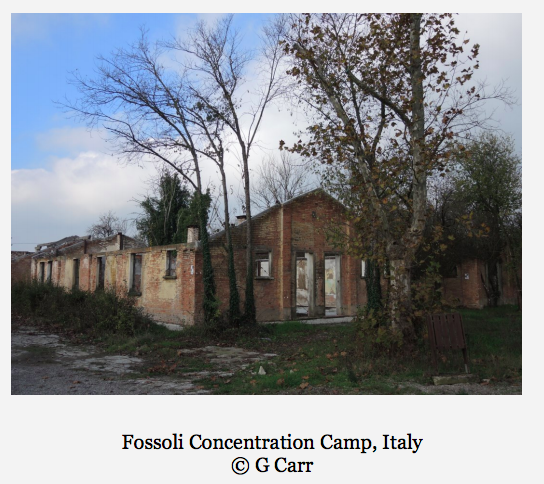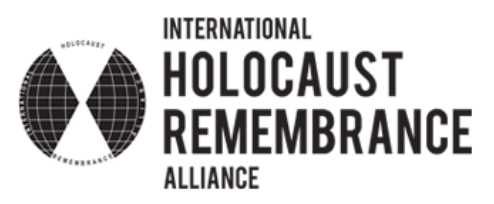Submitted by Administrator on Mon, 04/03/2019 - 09:43
Sites at Risk: Guidelines for Best Practice
A new project, chaired by Dr Gilly Carr (Cambridge Heritage Research Centre Partner and Senior Lecturer in Archaeology, Institute of Continuing Education) launches this month. The 5-year project, titled ‘Sites at Risk: Guidelines for Best Practice’ is funded by the International Holocaust Remembrance Alliance (IHRA).
Talking about the project, Dr Carr said: “The proper marking and preservation of Holocaust sites is crucial for combatting Holocaust denial, and in educating current and future generations about the consequences of dangerous political policies.”
“This project will identify sites at risk – such as through demolition, inappropriate reuse or threats to site integrity - and develop concrete ways of risk mitigation to safeguard the record for the future. It brings the IHRA together with international conservation NGOs to develop best practice approaches to the preservation of physical, authentic sites such as camps, mass graves and ghettos.”

As part of the IHRA priority theme, ‘Countering Holocaust Distortion and Safeguarding the Record’, the project aims to create guidelines for safeguarding authentic Holocaust sites. It is hoped that these guidelines will be adopted by all IHRA Member Countries incorporated into national cultural heritage legislation.
The project will build on the important existing effort by the IHRA in protecting and preserving Holocaust-related sites throughout its Member Countries and beyond. These have included Camp Komárom in Hungary, Jasenovac in Croatia, Staro Sajmiste in Serbia, Lety u Pisku in the Czech Republic and the former Vilnius ghetto library site in Lithuania. The ‘Sites at Risk’ project will continue to work with local communities in these areas and further develop the work at these sites. It will add five further sites to the study through the life of the project.
The core project team includes Dr Gilly Carr (UK), Dr Alicja Bialecka (Poland), Dr Heidemarie Uhl (Austria), Dr Steven Cooke (Australia), and Zoltan TothHeinemann (Hungary). They will be joined by a research assistant, current CHRC Graduate Member, Margaret Comer, who will be based at the University of Cambridge with Gilly Carr.
The IHRA unites governments and experts to strengthen, advance and promote Holocaust education, remembrance and research worldwide, and to uphold the commitments of the 2000 Stockholm Declaration. More information about the IHRA and the ‘Sites at Risk’ project can be found here: https:// holocaustremembrance.com/news-archive/sites-riskguidelines-best-practice

